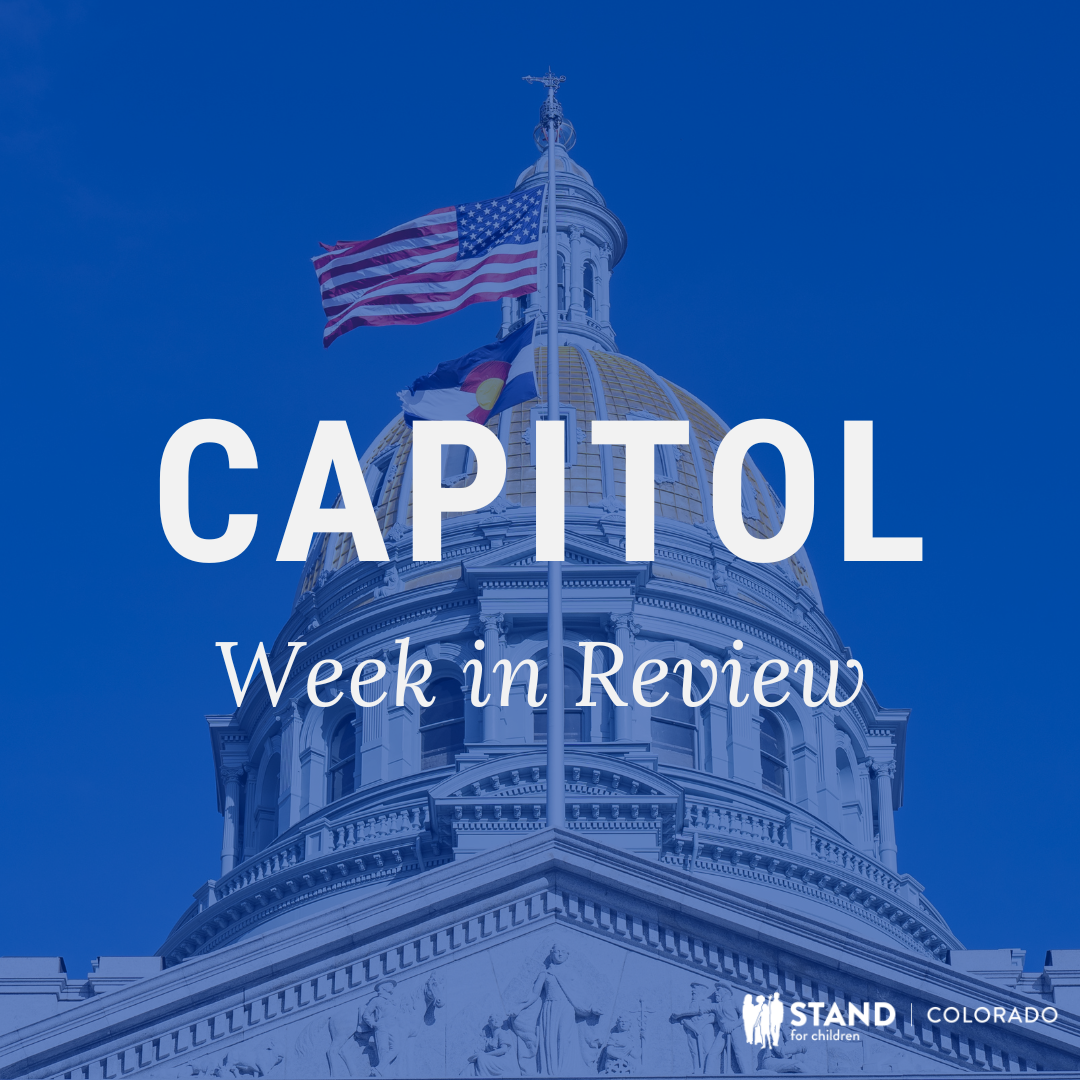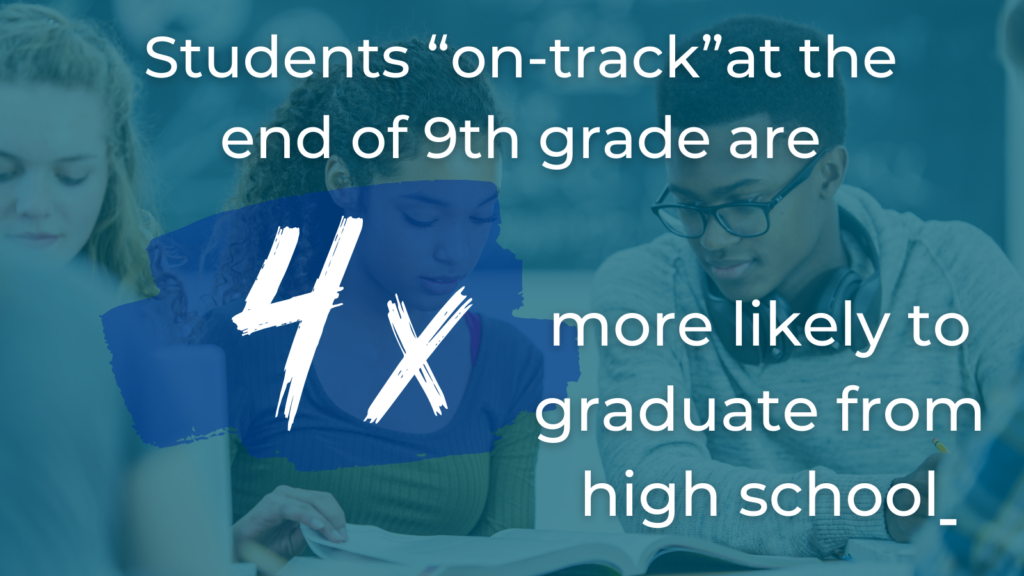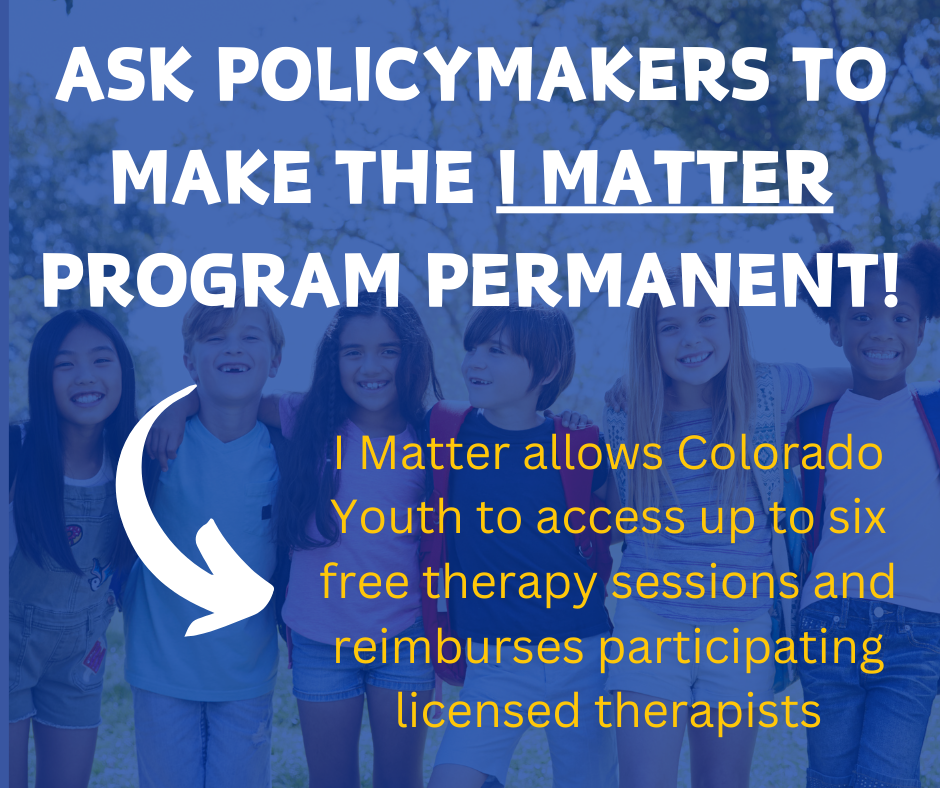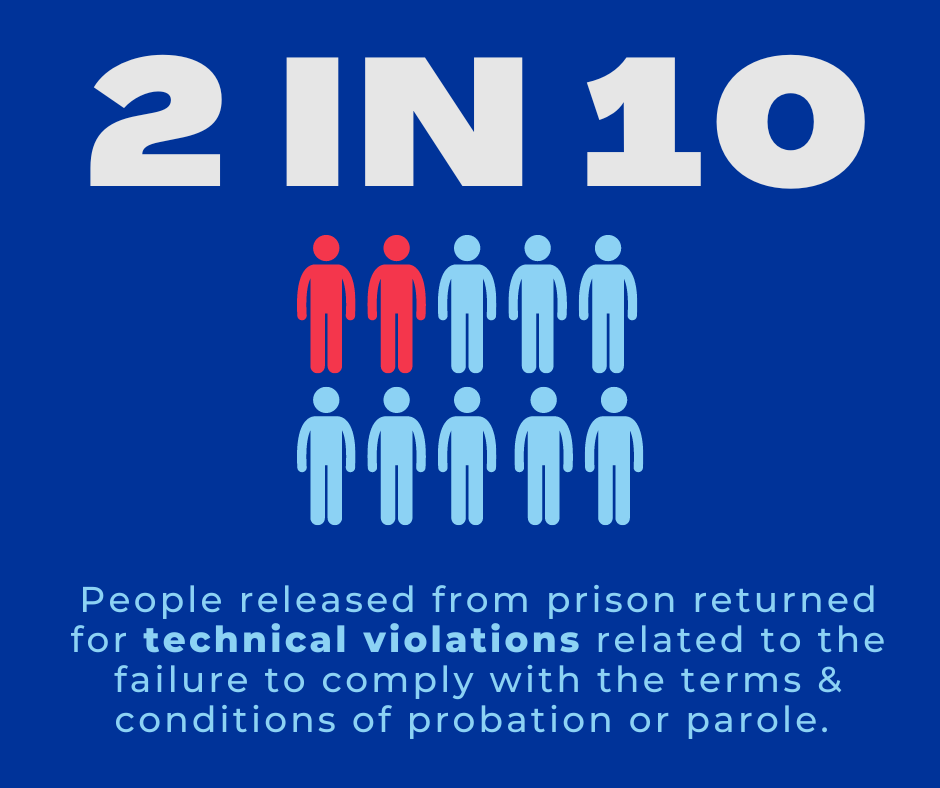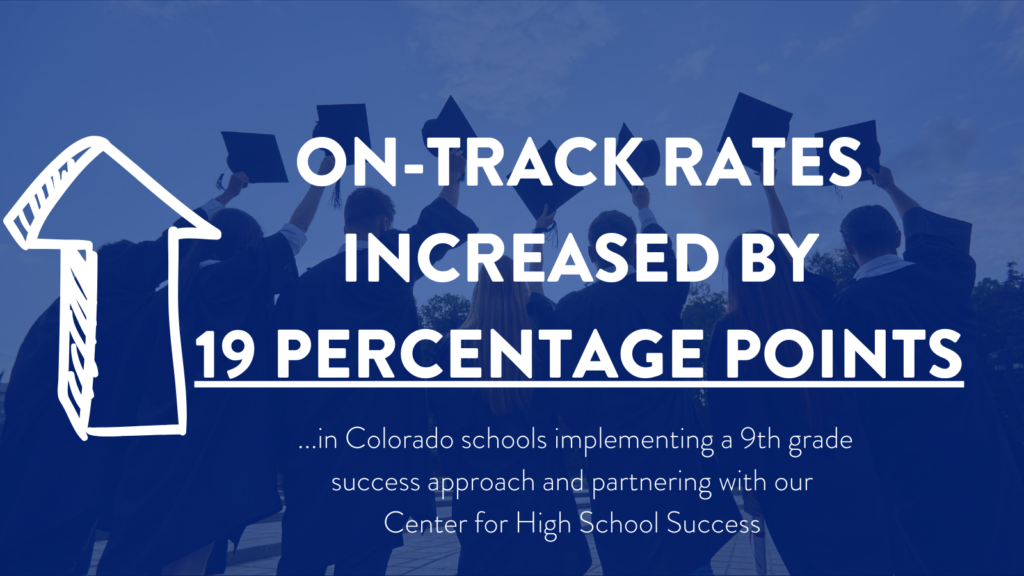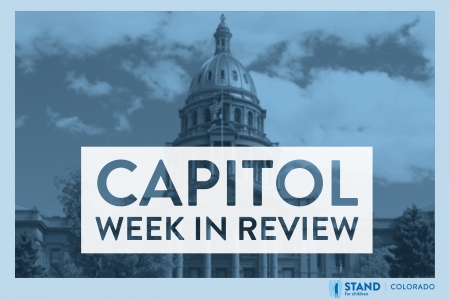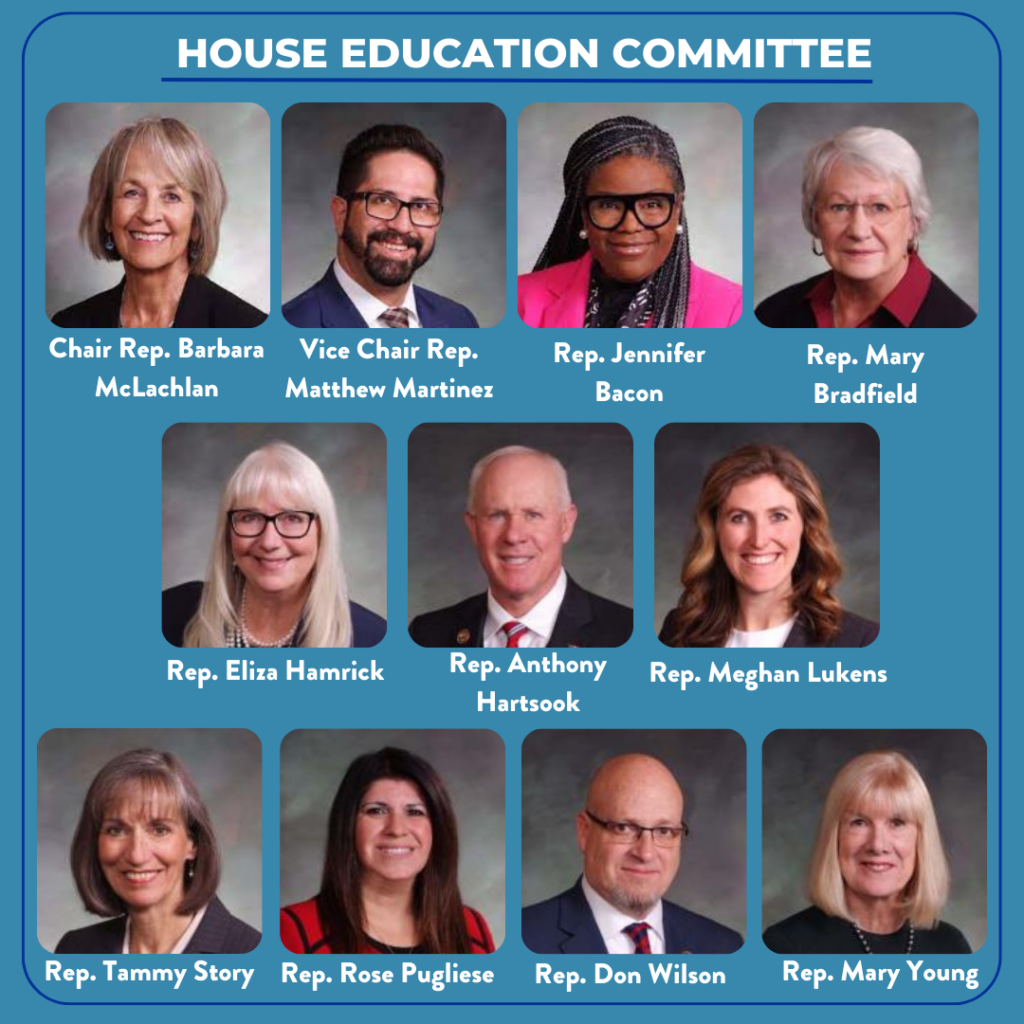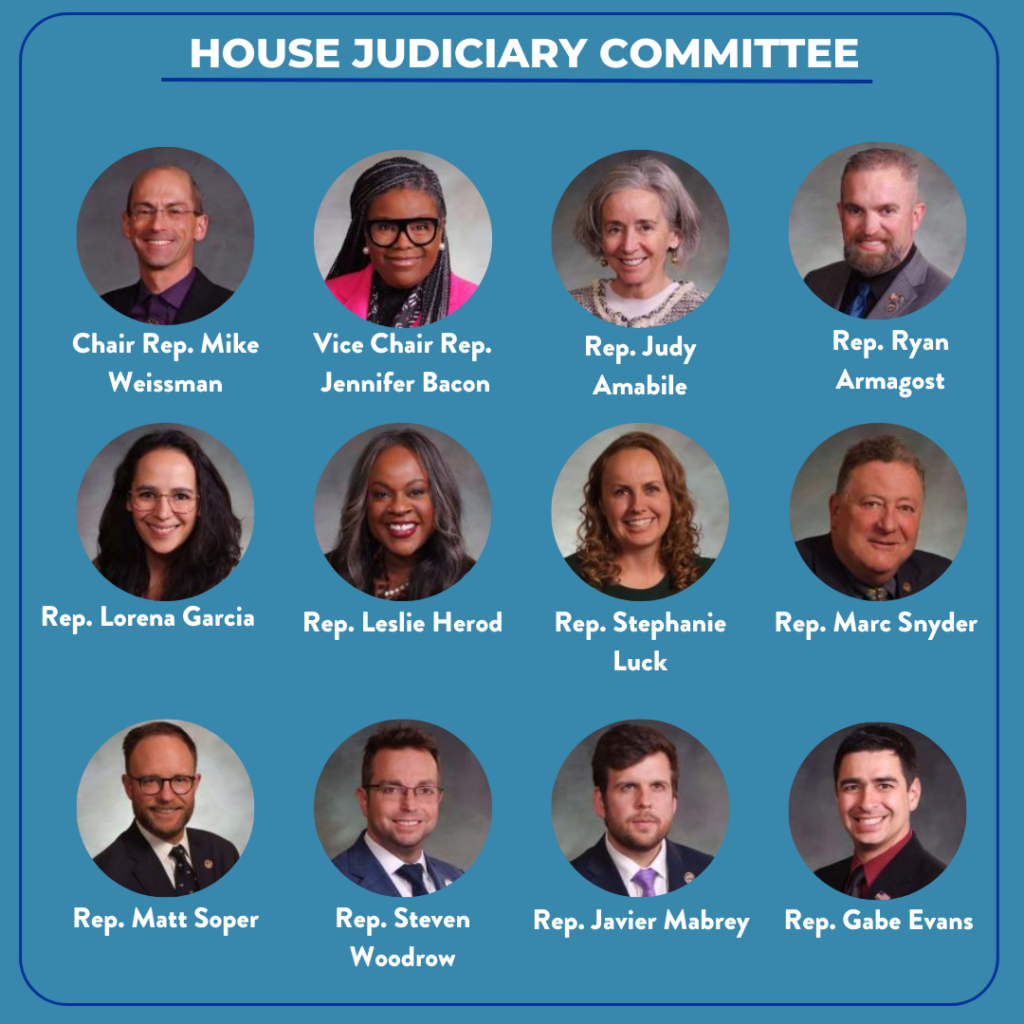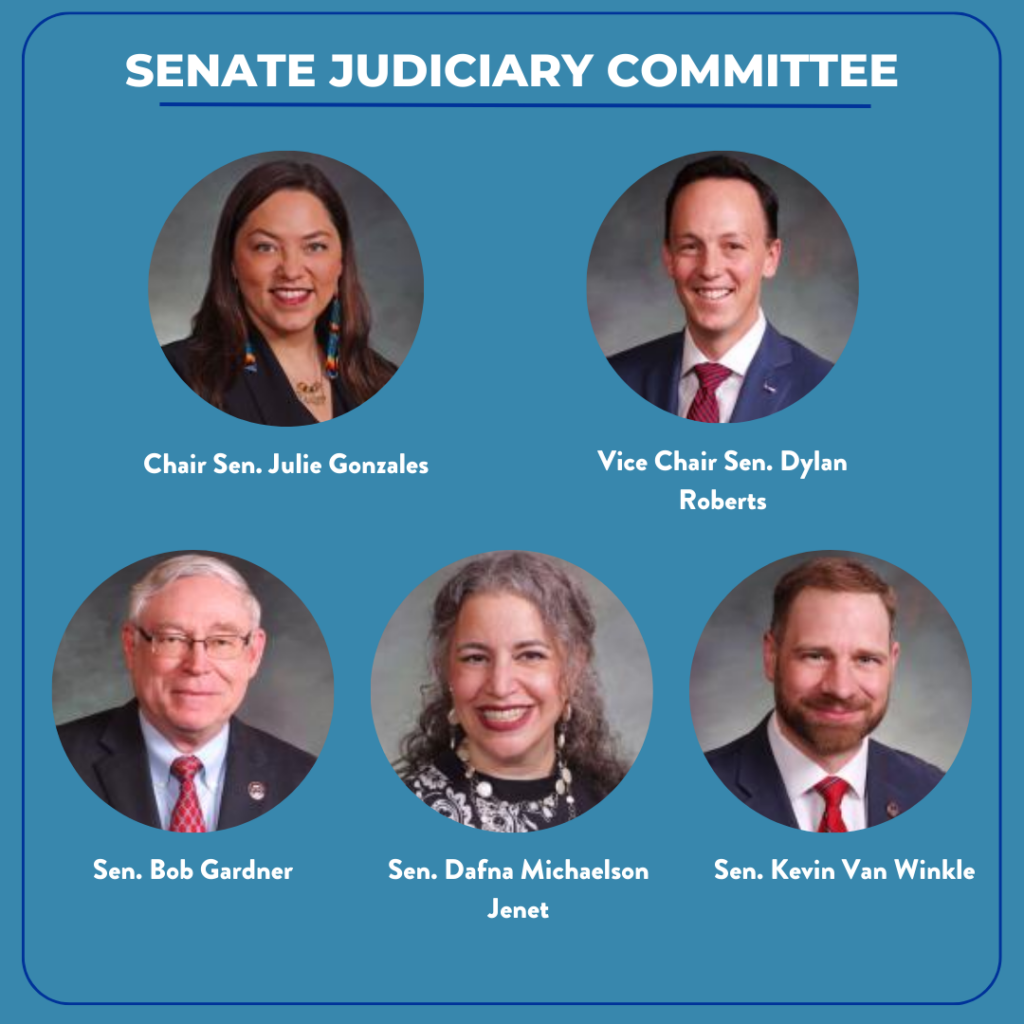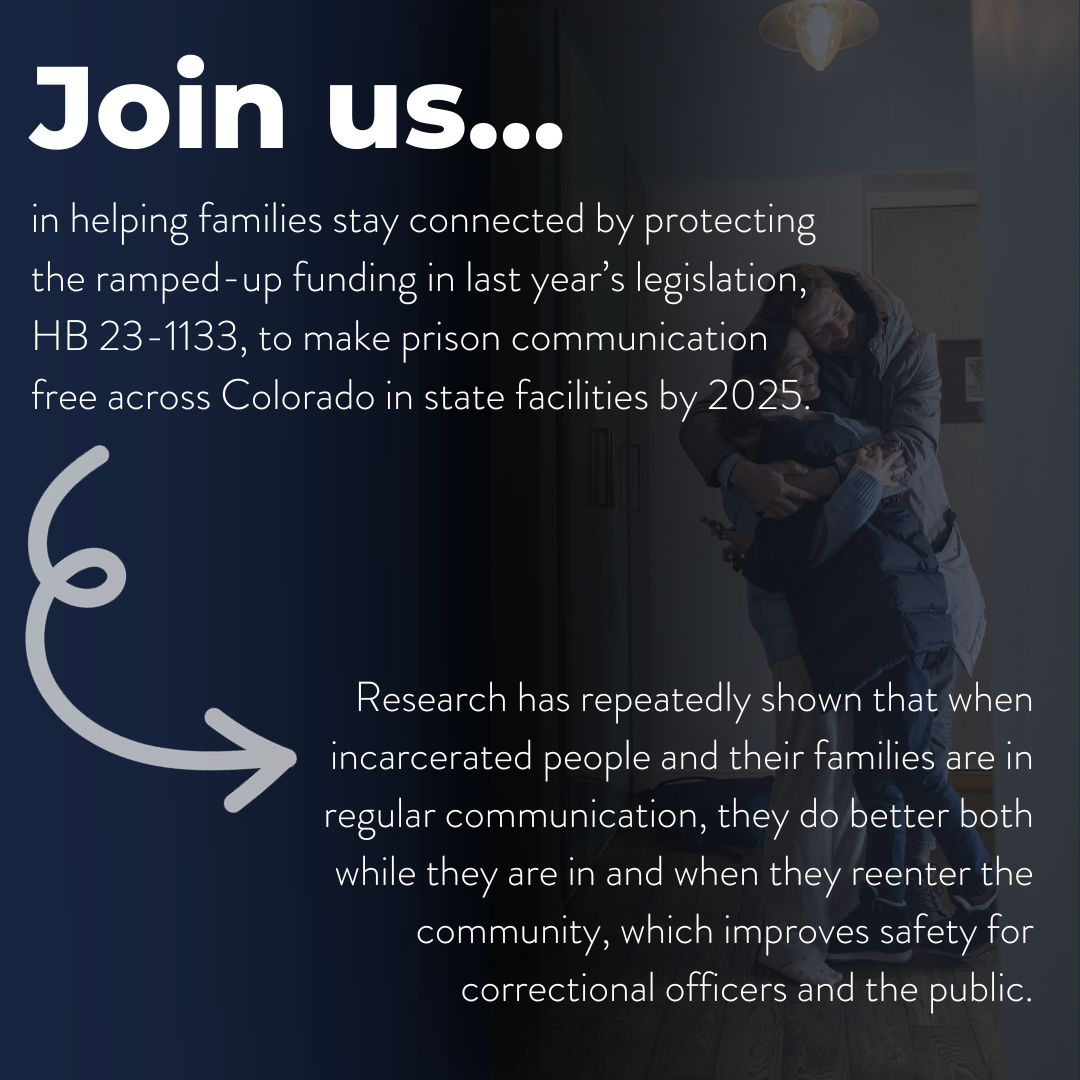Welcome to Capitol Week In Review, our newsletter keeping you informed about policy concerning educational equity and making our schools and communities more supportive. You will also hear from us about opportunities to engage in advocacy on topics important to you.
Legislation of Interest
HB24-1311, Family Affordability Tax Credit, was passed by the House Finance Committee and was referred to the Appropriations Committee. The bill creates a family affordability tax credit and will distribute a portion of the state’s $1.8 billion TABOR surplus to families, including those making up to $95,000 a year, to help cover the rising costs of housing, food, and child care.
HB24-1432, Repeal CBI Criminal Justice Record Sealing Fee, was passed unanimously out of House Judiciary Committee. The bill repeals the requirement for a defendant to pay to the Colorado Bureau of Investigation any costs related to sealing the defendant’s criminal justice records in the bureau’s custody.
HB 24-1445, Probation & Parole Reporting & Fee Conditions, was introduced in the House and assigned to the Judiciary Committee. HB24-1445 will expand opportunities for remote reporting (via online platform or phone) for individuals on parole or probation.
HB24-1448, New Public School Finance Formula, was introduced and assigned to the Education Committee. This bill will update our 30-year-old school finance formula.
Our Take: Reducing Recidivism by expanding Remote Reporting
We are thrilled that HB 24-1445, Probation & Parole Reporting & Fee Conditions was introduced this week. HB24-1445 will expand opportunities for remote reporting (via online platform or phone) for individuals on parole or probation.
Currently, lower-risk individuals under probation or parole supervision may have the option to check in virtually with their supervising officers in many jurisdictions, however, this option varies across the state, and we want to change that. This bill will ensure we are supporting opportunities for reintegration so that individuals can work, seek education, care for children, or other responsibilities, all while meeting the requirements of their parole or probation reporting.

Take Action: Email the House Education Committee to Support New School Finance Formula
This week, members of the House of Representatives introduced bipartisan legislation to center students in the way Colorado funds schools. HB24-1448, New Public School Finance Formula, will update our 30-year-old school finance formula and send additional state dollars to every school district. Most importantly, this update puts students at the center of school funding.
The bill would put in place a school finance formula that dramatically increases how much school districts get for: each student from a low-income household, each English Language Learner, and each student with a disability.

What We’re Reading
- Press Release: New School Funding Formula Boosts Support for Colorado Students
- Chalkbeat Colorado: Colorado lawmakers pitch rewrite of unpopular school funding formula that’s older than Nikola Jokic
- Colorado Public Radio: New way to fund Colorado schools pitched as a way to benefit high-needs students
- The West Steps Podcast: What Does It Mean to Center Kids in Colorado’s School Funding Formula?
- Chalkbeat Colorado, 2024 Colorado General Assembly: The people’s guide to following education issues




